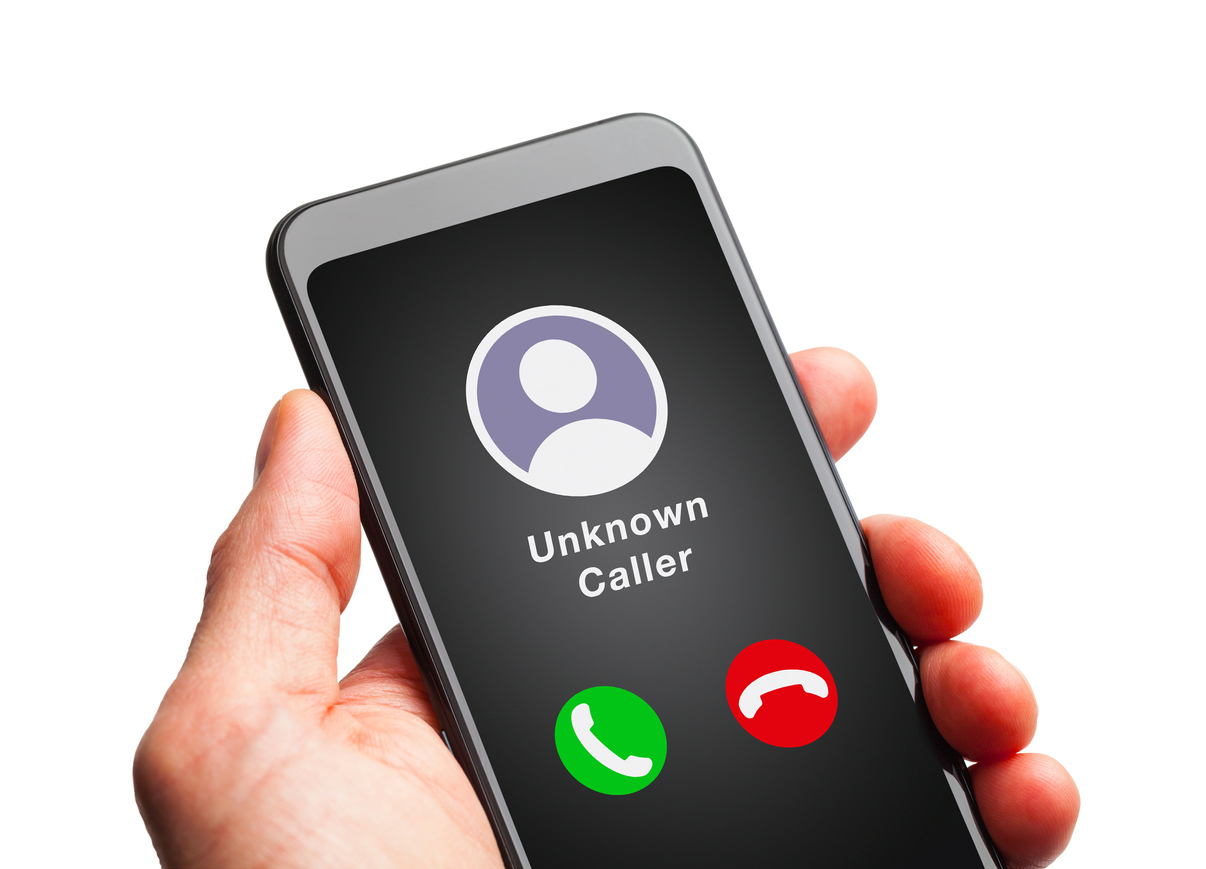June 21, 2023 | Asset Preservation Planning

If you’re a veteran, you may want to keep tabs on this. Recently, Ohio Attorney General Dave Yost and the National Association of Attorneys General (NAAG) launched “Serving Those Who Serve”, an initiative to connect soldiers with services to aid their entry into civilian life. Details are still forthcoming, but a main focus is to provide consumer protection for veterans, military spouses, and families through consumer education and enforcement action.
“Serving Those Who Serve” is the result of the NAAG’s annual Presidential Summit. Yost, who currently serves as NAAG President, invited representatives from several branches of the military to discuss opportunities for the attorneys general to drive change for the better. Each year, the incumbent NAAG President identifies a cause to champion for the duration of their one-year term.
Yost is no stranger to working with other states on these issues. Most notably he participated in a multistate settlement in 2021 that shut down the fraudulent charity Healing Heroes. Hero Giveaways, LLC, the business behind Healing Heroes, solicited donations with the promise that 100% of proceeds would be dedicated to helping wounded warriors. Instead, the money landed in the pockets of professional fundraisers and the organization’s founders. Ohio donors contributed more than $500,000 in response to the deceptive mailers and telephone solicitations.
We’re glad to see a focus on these issues and hopeful to see more outcomes that support our veterans and protect them from predatory behavior. All too often, veterans miss out on benefits to which they’re entitled, either because they’re unaware of what’s available, or have been erroneously denied. Our attorneys are passionate about helping you get the assistance you deserve and are experienced in navigating the complicated VA benefits process. If you or a member of your family is a veteran, we can help you explore your eligibility and ensure applications are submitted correctly to avoid any delays or hiccups.
Like all developments in veterans’ services, we’ll continue to monitor the progress from “Serving Those who Serve” and share it with you. In the meantime, know that we’re here to serve you with heart and make the system work for you.
